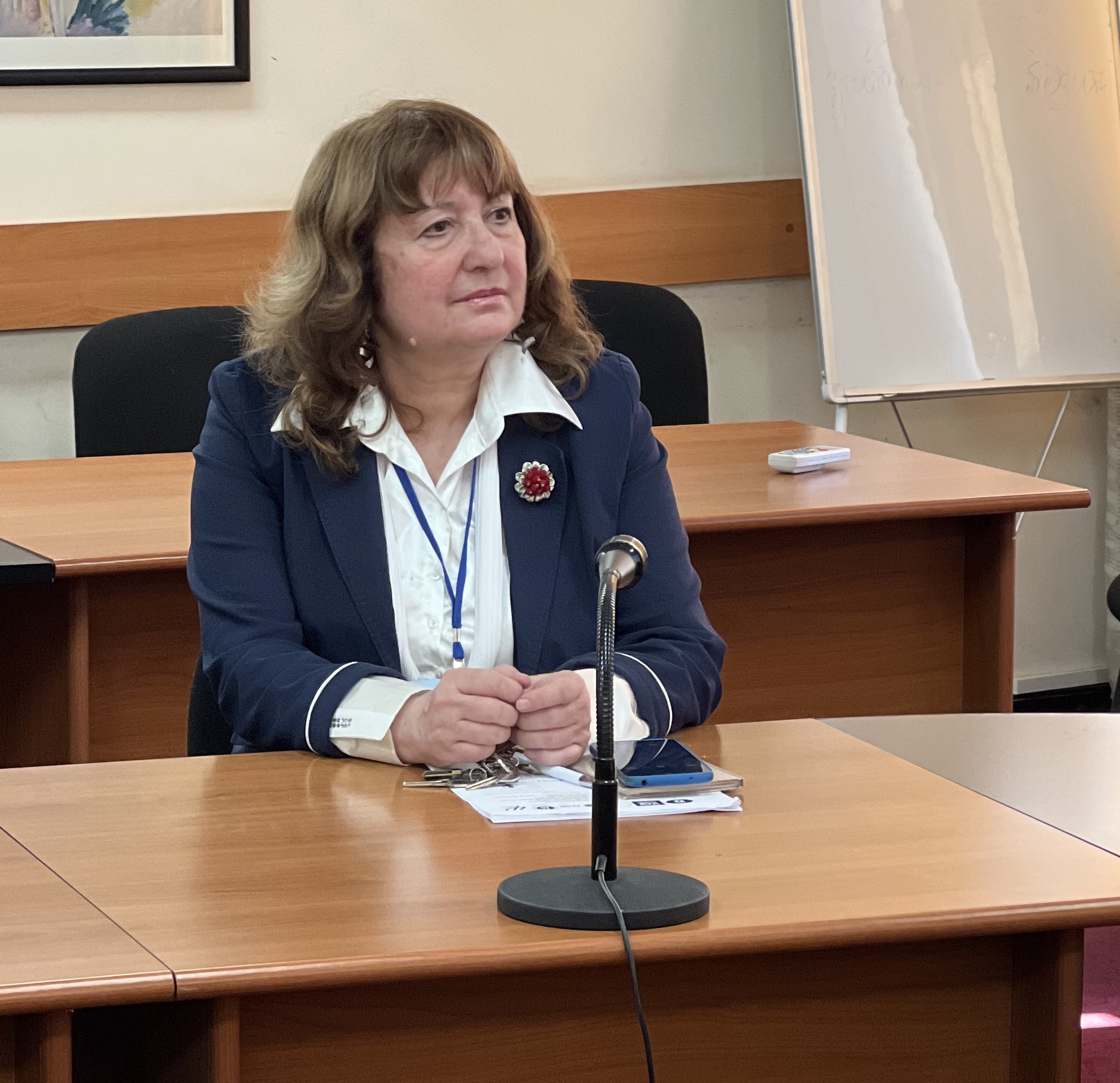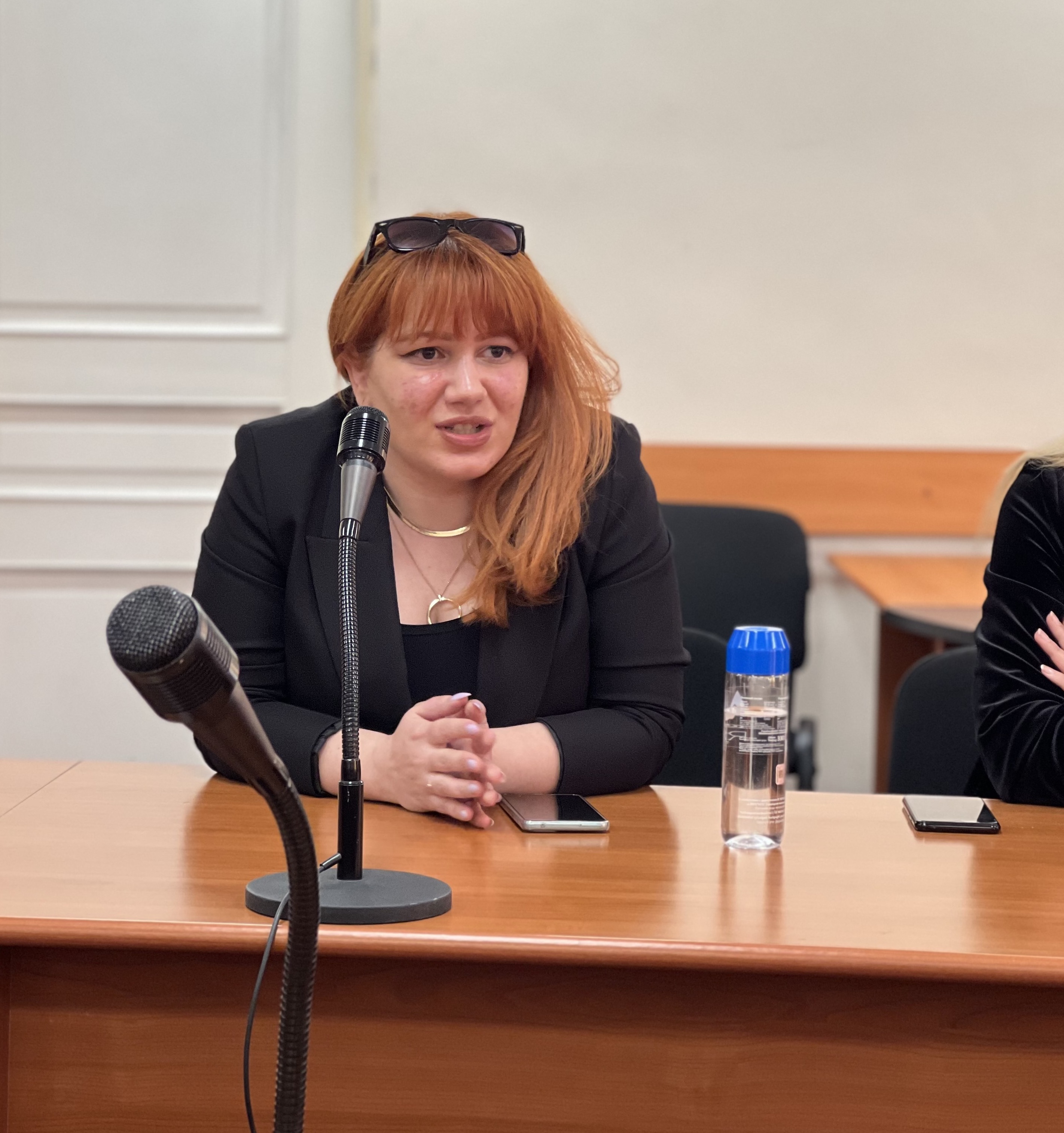The International Psychological Forum was held: “THE PHENOMENON OF MENTORING: EXISTENTIAL-HUMANISTIC PARADIGM AND IMPLEMENTATION TECHNOLOGIES IN EDUCATION, MANAGEMENT AND INTERCULTURAL RELATIONS.”
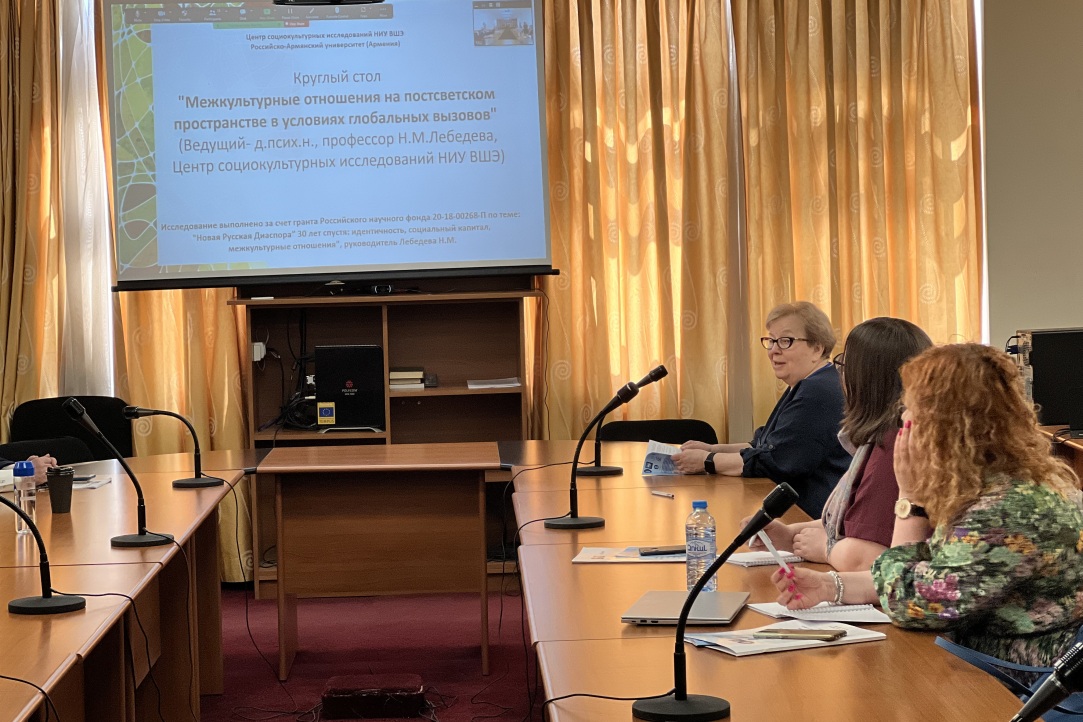
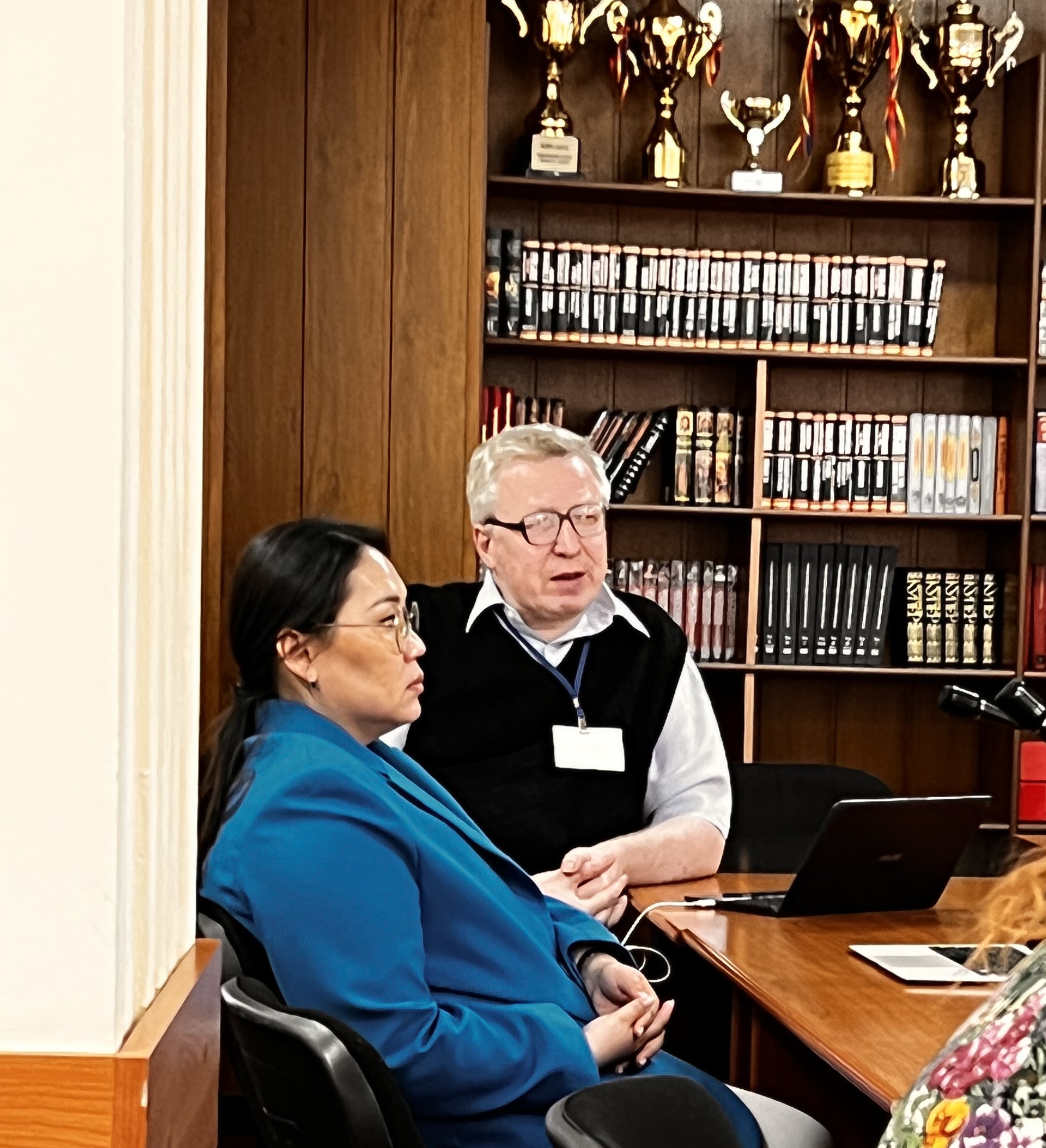
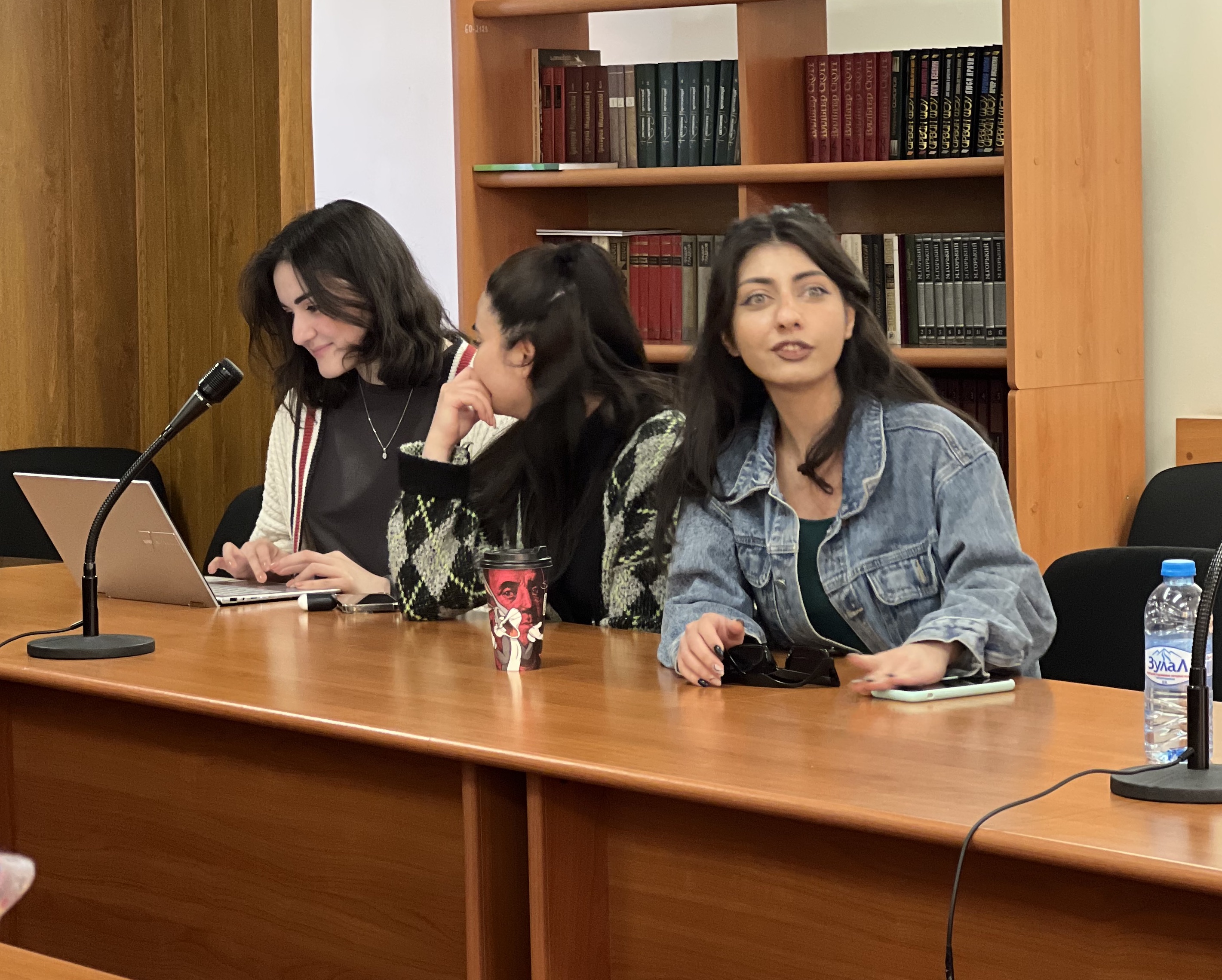
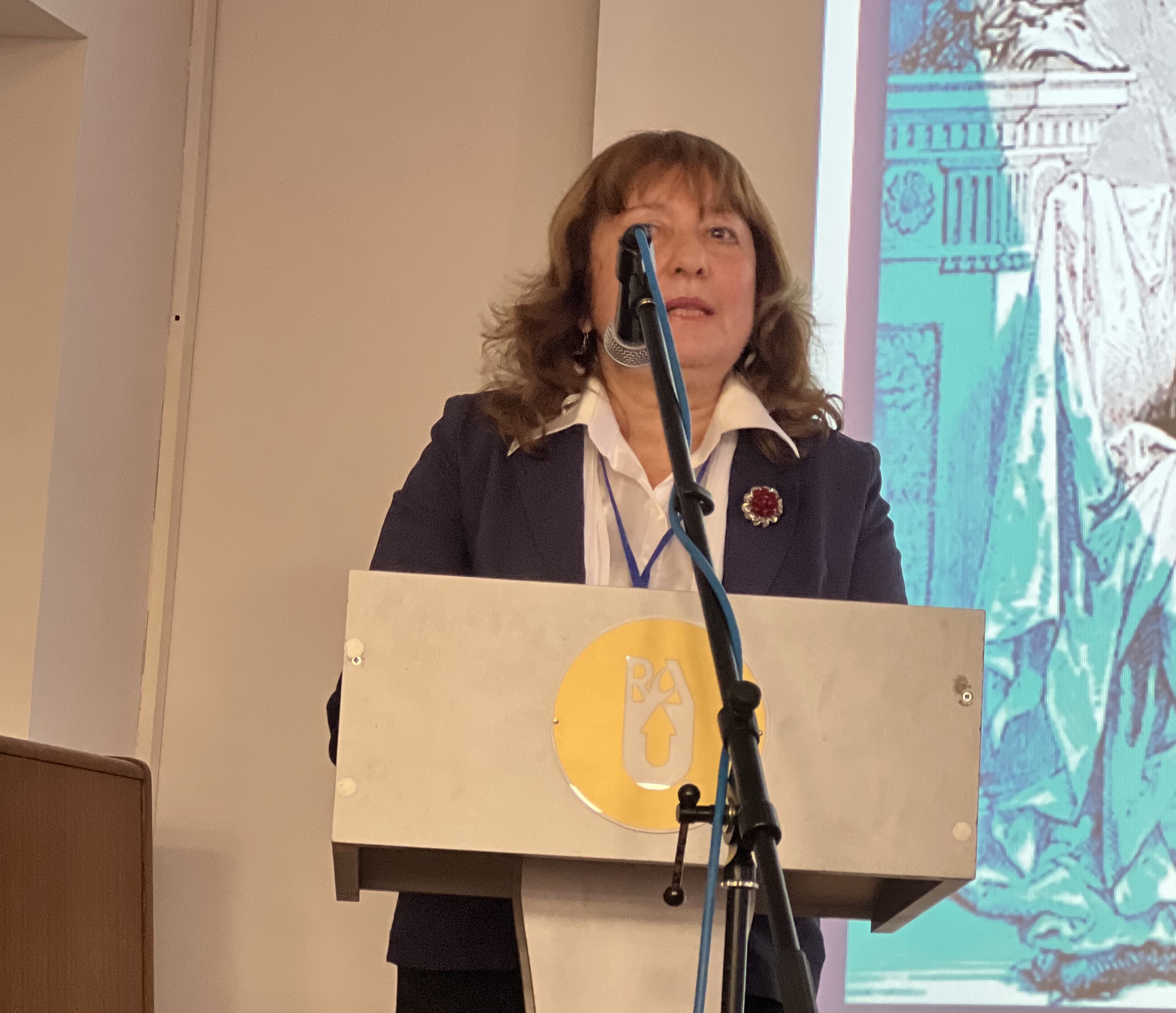
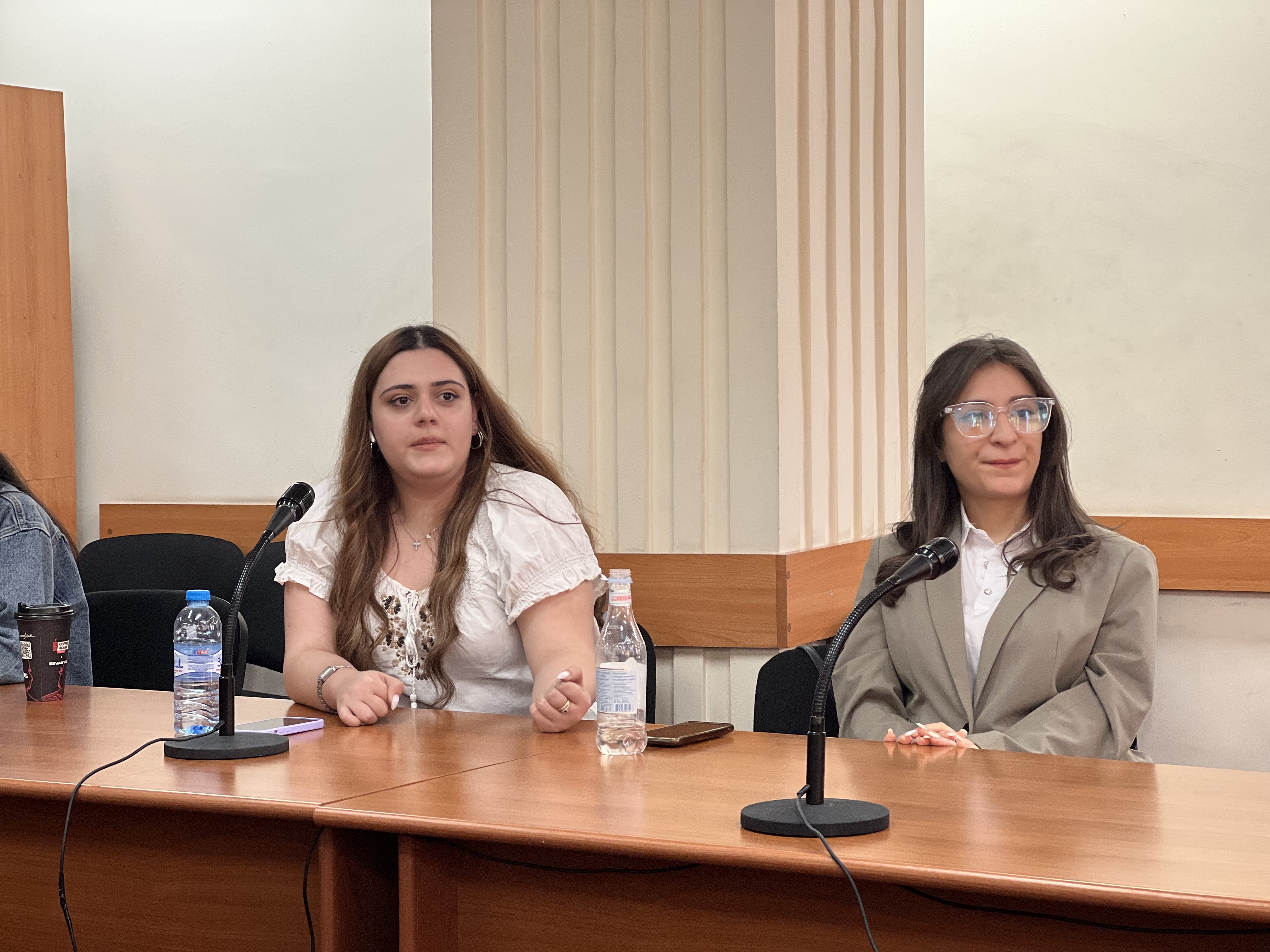
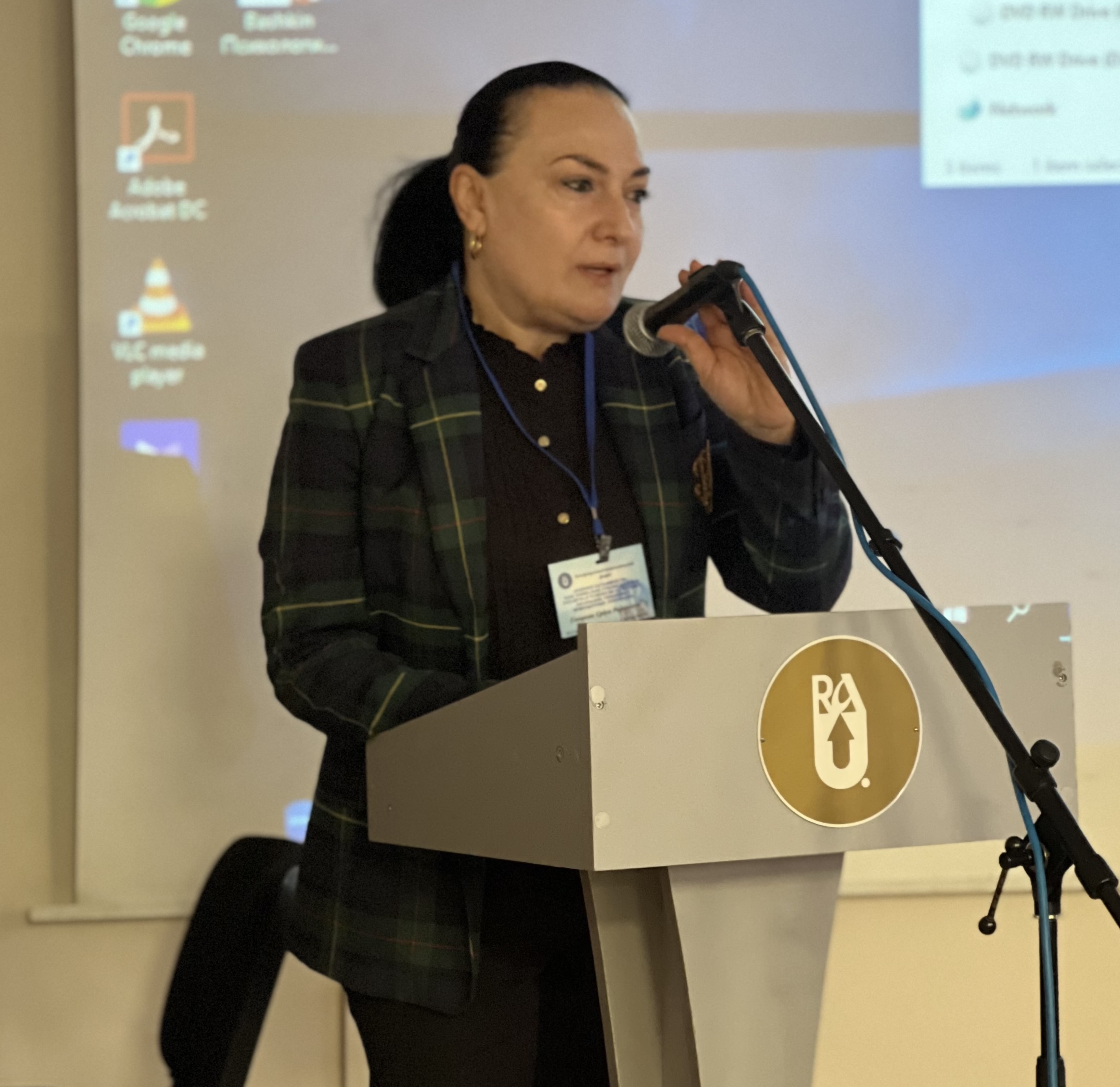
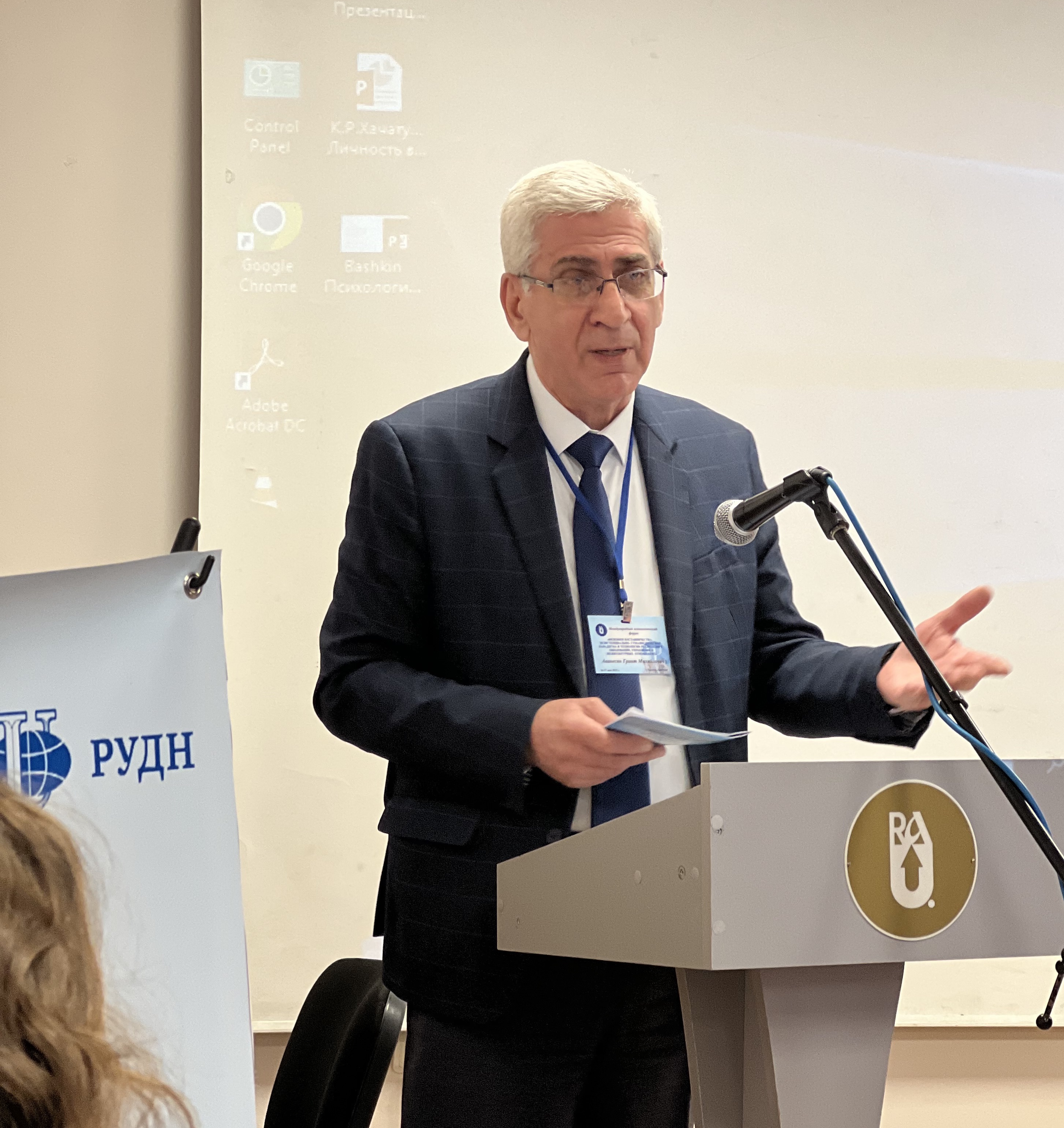
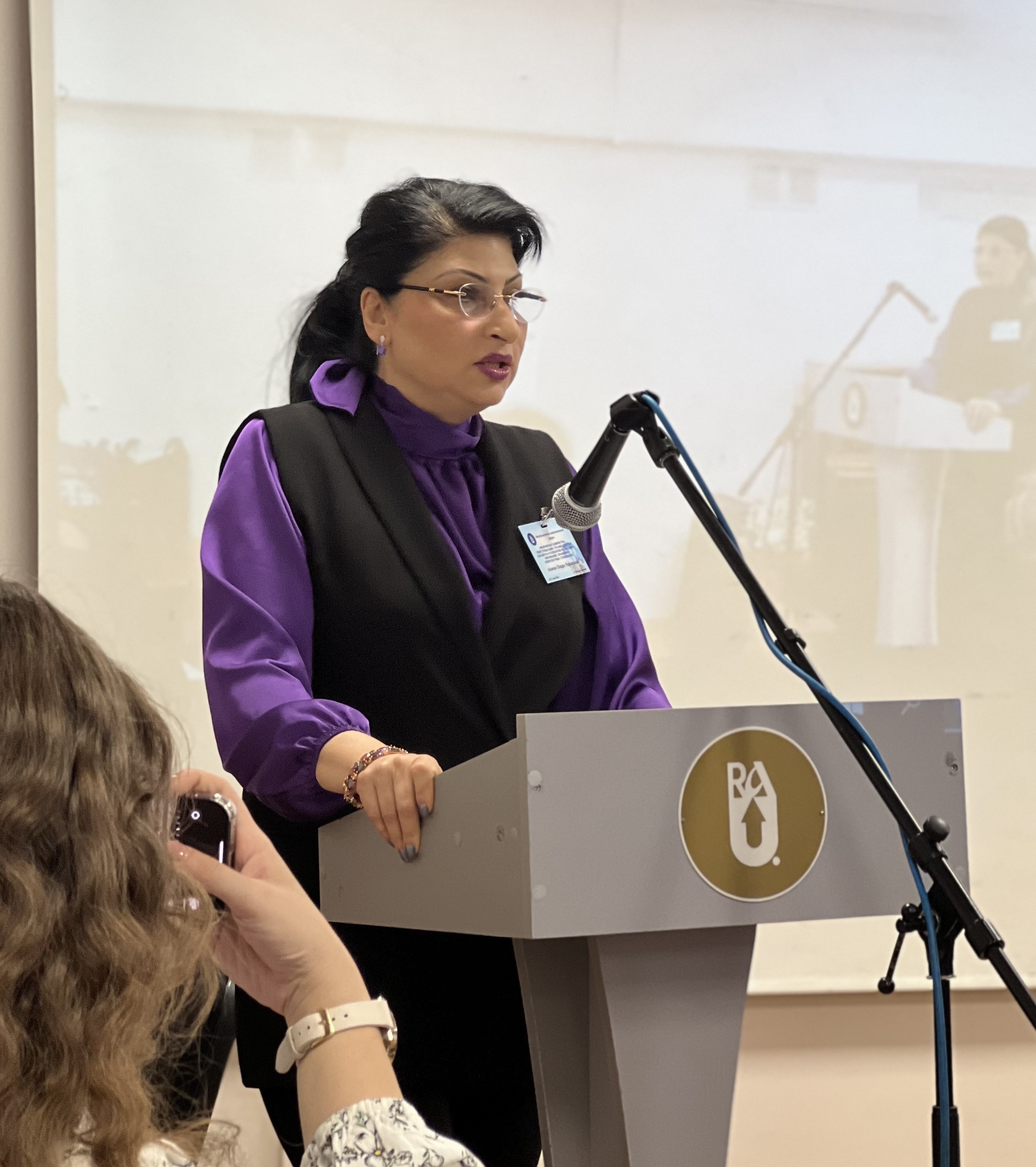
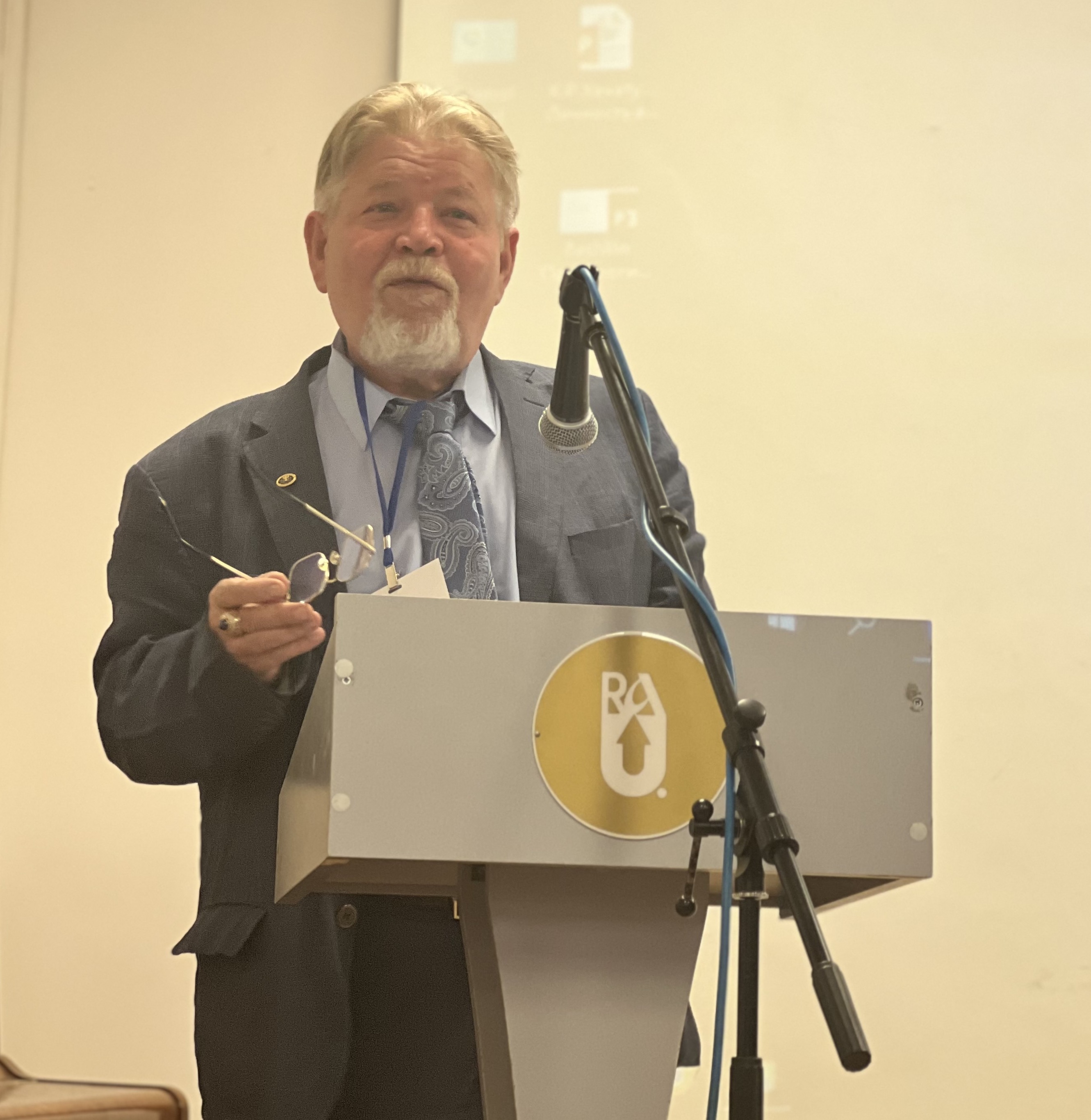
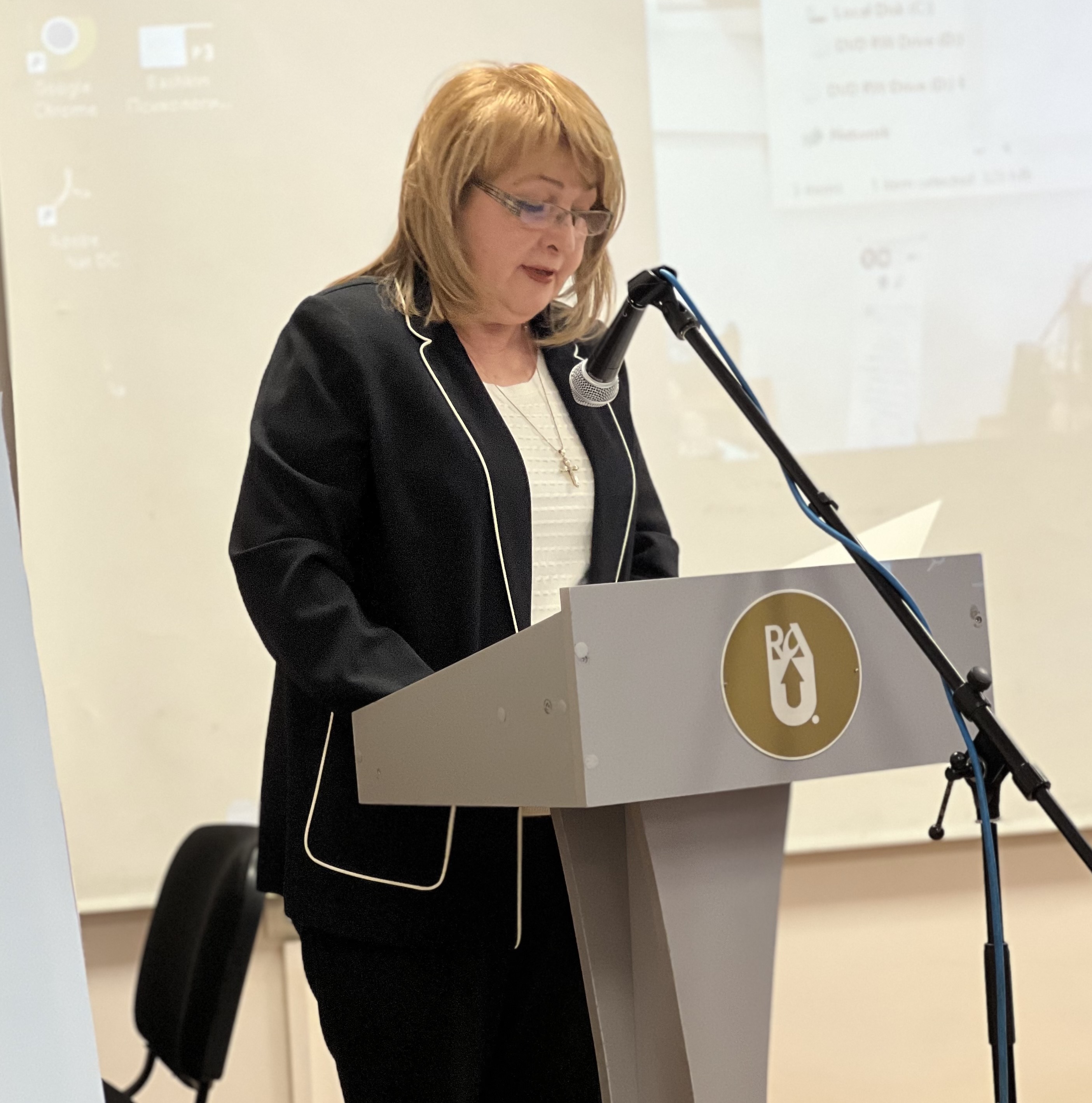
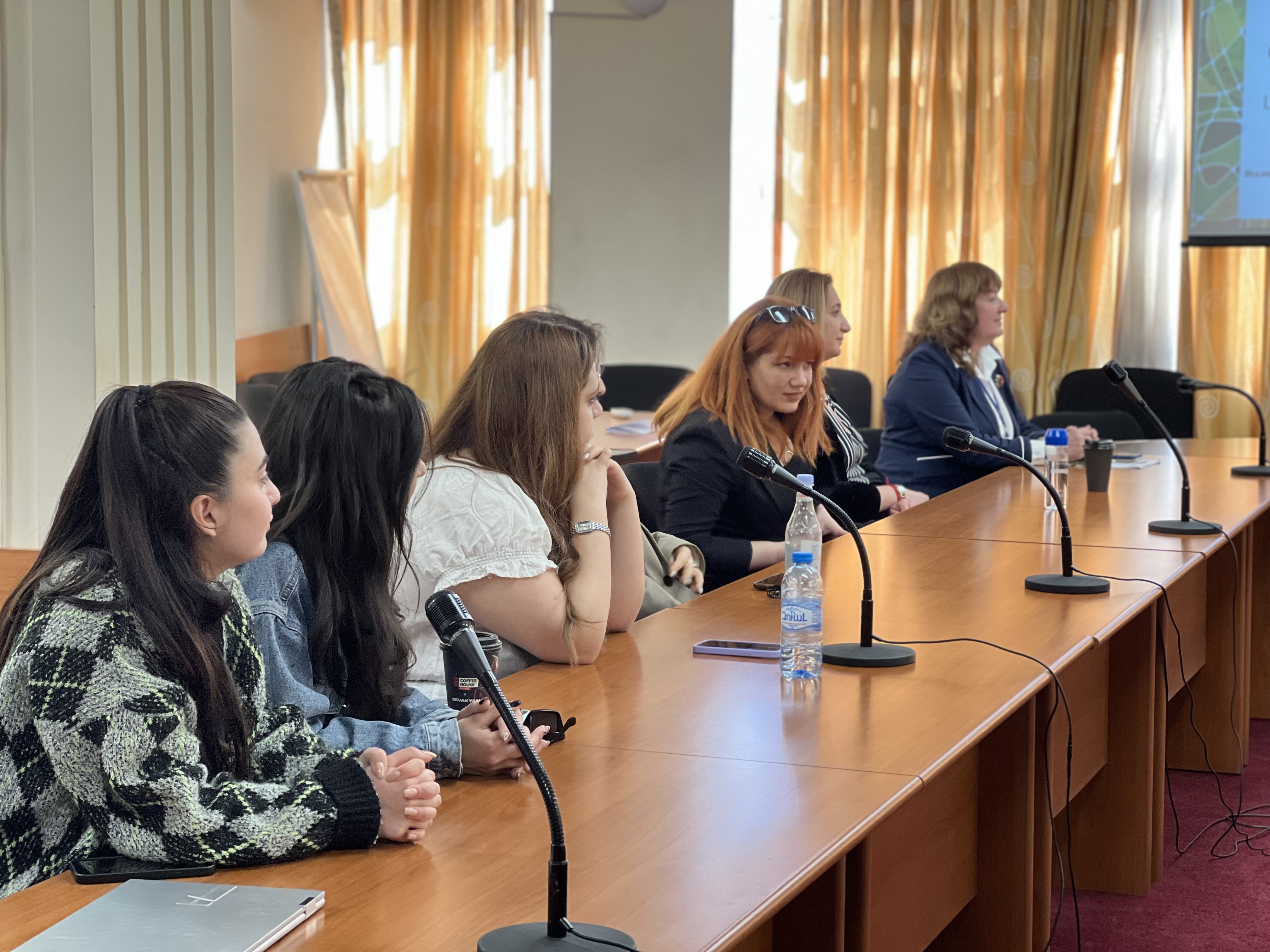
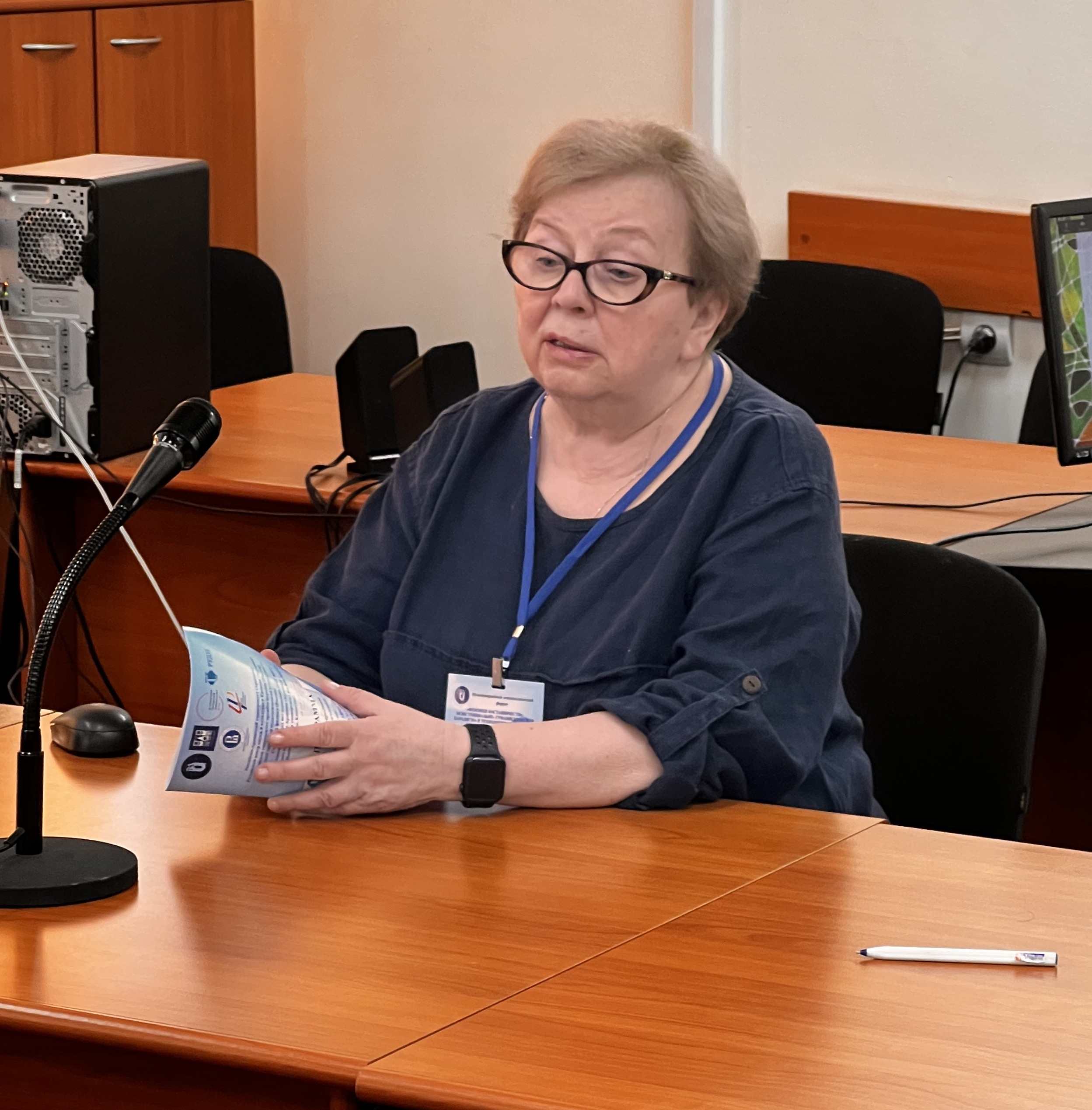
In Yerevan, Armenia, on the basis of the Russian-Armenian University, on May 16-17, 2023, the International Psychological Forum was held: “THE PHENOMENON OF MENTORING: AN EXISTENTIAL-HUMANISTIC PARADIGM AND IMPLEMENTATION TECHNOLOGIES IN EDUCATION, MANAGEMENT AND INTERCULTURAL RELATIONS.” The opening of the forum was attended by honorary representatives of science and education of the Republic of Armenia, co-organizers of the forum from the National Research University Higher School of Economics, RUDN University, Moscow State Pedagogical University and Russian Academy of Education. As part of this event, the Center for Sociocultural Research organized and held a round table "Intercultural relations in the post-Soviet space in the context of global challenges." The moderator of the round table was Lebedeva Nadezhda Mikhailovna – Doctor of Pedagogical Sciences, Professor, Scientific Director of the Center for Sociocultural Research, National Research University Higher School of Economics. The event was held within the framework of the Russian Science Foundation project 20-18-00268-P (director N.M. Lebedeva).
The hybrid format allowed almost the entire project working group to actively participate. Galyapina V.N., chief research fellow of the Center, Associate Professor of the Department of Psychology spoke about the intergenerational gap in values, Tatarko A.N., Director of the Center, Professor of the Department of Psychology spoke about social capital as a resource for maintaining favorable intercultural relations. Bultseva M.A., research fellow and senior lecturer of the Department of Psychology and Bushina E.V., leading research fellor, associate professor of the Department of Psychology reported on the role of border permeability and multicultural ideology in different cultural contexts. A question about the attitude of Armenians towards Russian relocants from Vasilyeva E.D., junior researcher, evoked a strong response. Colleagues from RAU (Yerevan, Armenia), RUDN University and Moscow State University of Psychology and Education (Moscow, Russian Federation) also gave examples of intercultural interactions in the post-Soviet space using the examples of Armenia and Kazakhstan and shared expert opinion on the role of modern challenges in the lives of the ethnic majority and Russians in different post-Soviet countries
